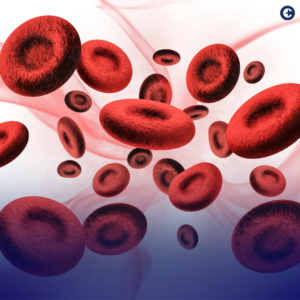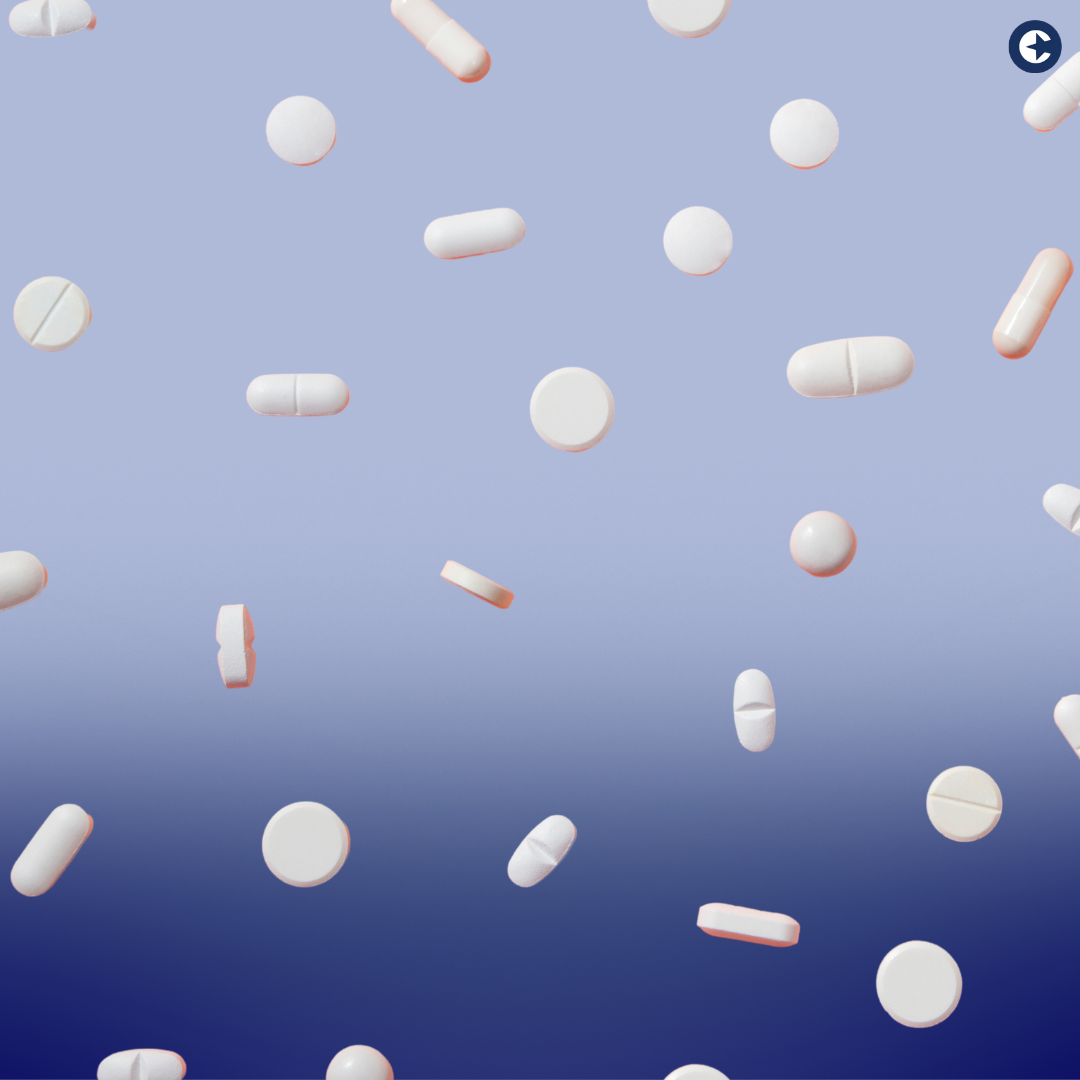Understanding PNH: A Rare Blood Disorder
Paroxysmal Nocturnal Hemoglobinuria (PNH) is a rare, life-threatening blood disorder characterized by the destruction of red blood cells (hemolysis), blood clots, and impaired bone marrow function. This destruction leads to various symptoms such as fatigue, difficulty breathing, and an increased risk of developing blood clots.

FABHALTA: A New Treatment Option
The recent approval of FABHALTA (iptacopan) in 2023 has opened a new avenue for the treatment of adults with PNH. FABHALTA works by targeting a specific part of the immune system, which plays a crucial role in the development of PNH.
Key Aspects of FABHALTA
- How FABHALTA Works: FABHALTA functions as a complement inhibitor, targeting and regulating the immune system to help control the destruction of red blood cells, a hallmark of PNH.
- Dosage and Administration: The prescribed dose of FABHALTA is 200 mg, taken orally twice a day. Patients are advised to swallow the capsules whole, with or without food.
- Safety Information and Risks:
- Risk of Serious Infections: One of the significant risks associated with FABHALTA is an increased susceptibility to serious infections caused by certain bacteria. Vaccination against these bacteria at least two weeks before starting FABHALTA is crucial, along with prompt antibiotic treatment if needed.
- Monitoring for Infections: Patients on FABHALTA should be vigilant for any signs of infection and seek immediate medical attention if symptoms arise.
- Potential Side Effects: Common side effects include headaches, symptoms resembling a cold, diarrhea, stomach pain, and nausea. Patients should report any bothersome side effects to their healthcare provider.
- Drug Interactions: FABHALTA can interact with other medications, especially those that affect liver enzymes. Therefore, it’s essential to discuss all medications and supplements with a healthcare provider.
- Special Considerations:
- Not recommended for patients with severe kidney or liver problems.
- Close monitoring is required if FABHALTA is discontinued, as there’s a risk of increased hemolysis.
- Storage and Handling: FABHALTA should be stored at room temperature and kept in a secure location out of reach of children.

The Importance of Patient Education
Patients prescribed FABHALTA should be thoroughly counseled about the risks, especially concerning infections. Carrying the Patient Safety Card at all times during treatment is advised for quick access to crucial information in emergencies.
Conclusion
FABHALTA represents a significant step forward in PNH treatment, offering patients a novel therapeutic option. As with any medication, it’s essential to understand the risks, benefits, and responsibilities of treatment. Consultation with healthcare providers for personalized advice and monitoring is crucial for the effective management of PNH with FABHALTA.
For more follow us on Instagram, Facebook, Twitter, & LinkedIn.



